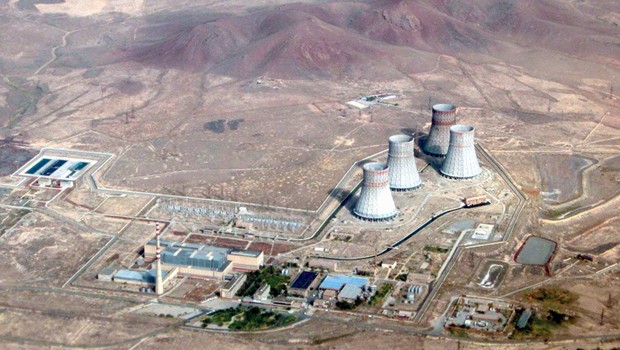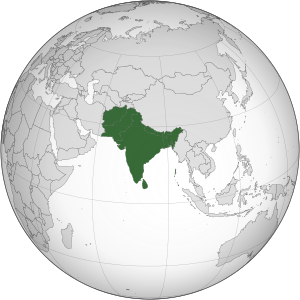On 20 May 2013, a resolution numbered H.RES.227, whose subject is summarized as the Armenian genocide truth and justice, was introduced in the US House of Representatives by four members of Parliament who support Armenian views in all areas.
As will be remembered, a resolution has been submitted to each House of Representatives (this Assembly is elected once every two years) since 2000 regarding the Armenian genocide allegations. These resolutions have either remained in the Committee of Foreign Affairs to which they were referred or sometimes, especially at times when the Democrats were a majority, have been sent to the House after being adopted by the Committee, but have not been put to voting due to the intervention of the US Government (sometimes personally by the President) who takes relations with Turkey into consideration.
The texts of the resolutions submitted in the previous years were almost the same only with minor differences. After a lengthy preamble sometimes carrying substantial mistakes, it was stated that the foreign policy of the US should reflect human rights, ethnic cleansing and genocide and called on the President to characterize the annihilation of 1.500.000 Armenians as genocide in his 24 April statement issued each year. Turkey’s recognition of the Armenian “genocide” and accepting its consequences (compensation, returning of properties and even giving territory) were not mentioned in these resolutions.
The resolution introduced on May 20 is shorter compared to the former resolutions. In summary, it mentions the efforts of the Obama government in establishing diplomatic relations between Turkey-Armenia and states that Turkey, rather than acknowledging the painful elements of the past, has escalated its campaign of Armenian “genocide” denial and has maintained its blockade of Armenia. The resolution also states that in the previous years, the US had officially recognized the Armenian “genocide” and that Obama said if elected as President he would also recognize it.
In its operative part, the resolution calls on the President to work towards establishing equitable, constructive, stable and durable Turkey-Armenia relations. However, it also emphasizes that these relations should be based upon the republic of Turkey’s full acknowledgment of the facts and ongoing consequences of the Armenian genocide. Furthermore, it also calls on the President to work toward a fair, just and comprehensive international resolution of this crime against humanity.
It is observed that recently there has been a change of tactics within the Diaspora and fewer in Armenia concerning the genocide allegations. Now, rather than working towards the recognition of the Armenian genocide allegations by third countries and international organizations, based on the assumption that this recognition has already sufficiently taken place, it is expressed that one must work towards the elimination of the consequences of the “genocide”. President Sarkisian also refers to the elimination of the consequences of “genocide” without going into details. As known, these consequences can be summarized to be the returning of properties which once belonged to the Armenians, preserving Armenian monuments including the religious ones, paying compensation to the descendants of those being subjected to relocation and if possible, Turkey giving territory to Armenia.
Without mentioning these details, the American resolutions refer to Turkey’s recognition of the Armenian genocide allegations and its ongoing consequences and this recognition is put forth as the basis of establishing Turkish-Armenian relations; in other words, recognition is considered as a condition of establishing relations. It draws attention that this condition does not exist in the Protocol of 10 October 2009 which relates to the establishment of diplomatic relations between Turkey and Armenia and has not yet been ratified by the Parliaments.
In conclusion, it could be seen that the Armenian side has increased its demands from Turkey on the path to 2015. However, since there is no possibility for these demands to be accepted by Turkey, one can say that Armenia and the Diaspora have no intention to reach a reconciliation with Turkey before and maybe after 2015.
© 2009-2025 Center for Eurasian Studies (AVİM) All Rights Reserved
THE RESOLUTION OF THE EUROPEAN PEOPLE’S PARTY - Ömer Engin LÜTEM
 METSAMOR AND REGIONAL NUCLEAR-SECURITY IN THE SOUTH CAUCASUS
METSAMOR AND REGIONAL NUCLEAR-SECURITY IN THE SOUTH CAUCASUS
 DUTCH DEPUTY FOREIGN MINISTER REBUKES THE DUTCH PARLIAMENT REGARDING THE 1915 EVENTS
DUTCH DEPUTY FOREIGN MINISTER REBUKES THE DUTCH PARLIAMENT REGARDING THE 1915 EVENTS
 SOUTH ASIA: THE FIELD OF NEW ALLIANCES AND NEW CONFLICTS
SOUTH ASIA: THE FIELD OF NEW ALLIANCES AND NEW CONFLICTS




























